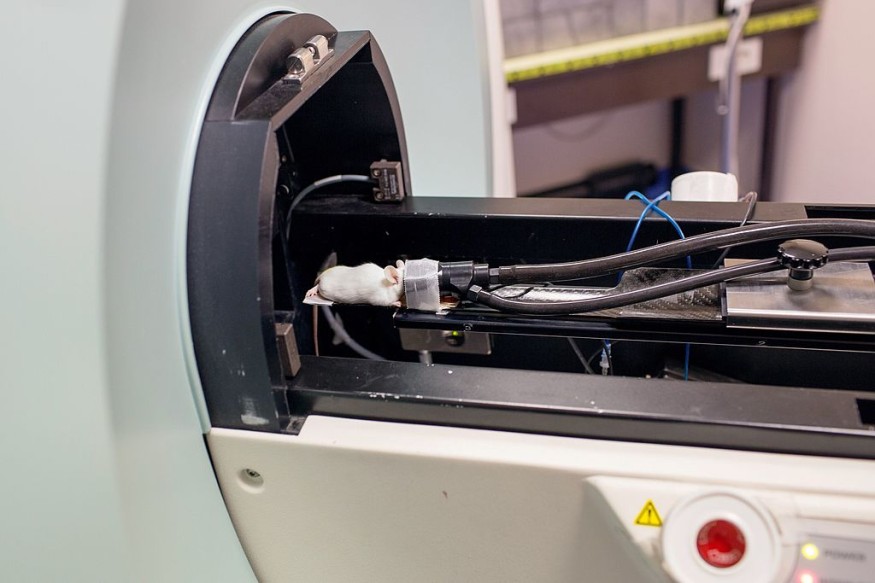The aging process or cellular degeneration seemed to have stopped on mice that became the subject of a successful new anti-aging study on cellular rejuvenation therapy. Scientists were able to partially reverse the aging process and extend the lifespan of mice during their anti-aging experiment.
The scientists used the method of cellular rejuvenation therapy, yielding results that showed signs of aging process reversal and lifespan extension among mice. The method only targeted middle-aged and elderly mice-wherein their cells were partially restarted back to their younger state.
For centuries, humans yearned for the possibility of long life. This aspiration has been embedded even until today, especially in pop culture and entertainment. Scientists have also been making efforts, including the exploration of other biological features of an animal capable of cellular rejuvenation.
In light of the new study, the fresh discovery can still be considered essential even it was only applied to mice. Available research shows us that cellular rejuvenation is at least possible in small mammals such as a mouse. Scientists are hopeful one day this approach can be applied to humans.
Fear of Aging

The fear of aging has been encapsulated in some people-since this process involves cellular degeneration and is accompanied by the increased vulnerability of the body to both internal and external factors, including health risks like diseases, which are typically fended off by a youthful and healthy body.
As humans get older, the skin gets thinner, the bones start to be fragile, and the body as a whole starts to weaken. Furthermore, there is an evident deterioration in both cognitive and motor functions as we age, as per Science Daily, as per WebMD.
Since aging is also accompanied by cell degeneration, it is for this reason that the scientific community has also explored the possibility of reversing the aging process and rejuvenating degenerating cells-which is a normal and natural biological phenomenon when a majority of living organisms age.
Cellular Rejuvenation Therapy
In the new study published in the journal Nature Aging on March 7, scientists have used cellular rejuvenation therapy to partially stop and reverse the signs of the aging process on middle-aged and elderly mice.
Under the therapy, the effects of partial programming of aging cells showed physiological rejuvenation and aging process reversal. Scientists have seen evidence of improvements in the skin, kidneys, and tissue of mice from long-term partial programming.
The physiological rejuvenation was noticed by the scientists as an effect of the reversal of the mice's epigenetic clock, also known as the clock to determine the biological age of an individual. This occurred after the scientists partially restarted the mice's cells into their youthful states, as per Science Daily.
The study was conducted by scientists from the Salk Institute for Biological Studies in California, Genentech, and other collaborators involved in the research. The groundbreaking revelation from the study hopes to prove that one-day cellular rejuvenation therapy can be applied to humans.
© 2025 NatureWorldNews.com All rights reserved. Do not reproduce without permission.





